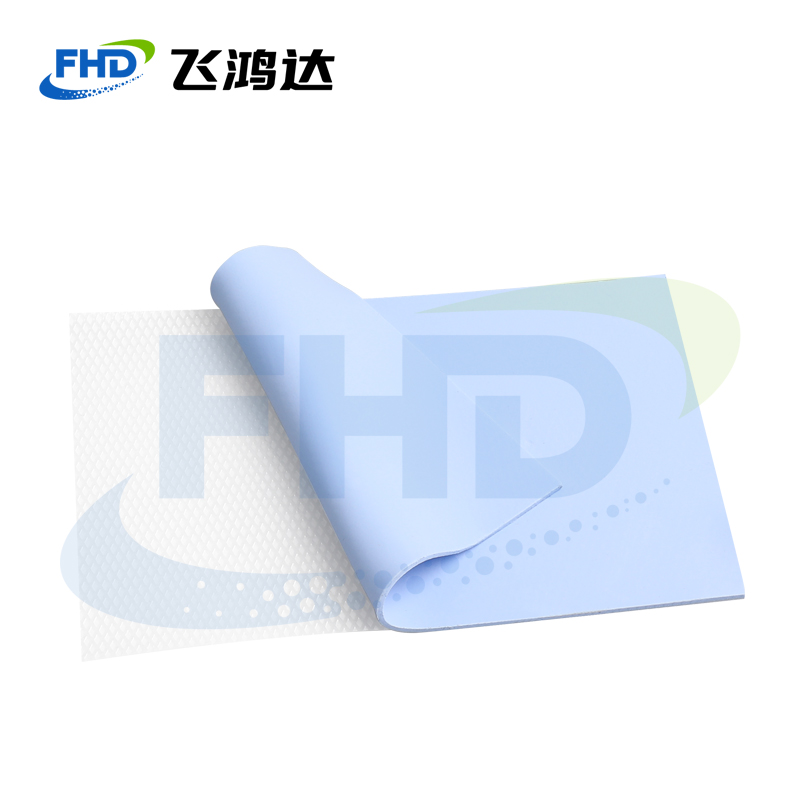Vehicle Motor Controller (MCU)
MCU (Motor Control Unit) is the core component of the power system of new energy vehicles, responsible for converting the direct current energy of the power battery into high-voltage alternating current, and driving the motor to output mechanical energy. By receiving instructions from the Vehicle Control Unit (VCU), the MCU precisely regulates the torque and speed of the motor to ensure efficient operation of the vehicle. Its technical solution includes high-performance processors, automotive grade IGBT parallel technology, and customized integrated design, with fault diagnosis and energy optimization functions. The MCU consists of a housing and cooling system, power electronic unit, control circuit, and software. The hardware adopts a modular and platform design concept, and the power circuit adopts automotive grade IGBT module parallel technology, customized bus capacitor, and integrated busbar design.
Motor controller (MCU) heat dissipation
MCU is a key component of the motor control system for new energy vehicles, and its heat dissipation performance affects the efficiency and lifespan of the motor. Thermal pad is attached to the surface of MCU to fill gaps, reduce thermal resistance, and improve heat dissipation efficiency.

Advantages of Thermal pad for Electronic Control Systems
Efficient Thermal Conductivity: Achieve efficient heat conduction, reduce system operating temperature, and improve system reliability and performance.
Electrical insulation: Ensure the safety of the electrical control system and prevent electrical short circuits.
Easy installation: good flexibility and compressibility, easy installation and maintenance, suitable for different shapes and structures of heat sources
Strong environmental adaptability: resistant to high temperature, aging, and long-term stable operation in harsh environment.
-
Previous article:Vehicle BMS
-







